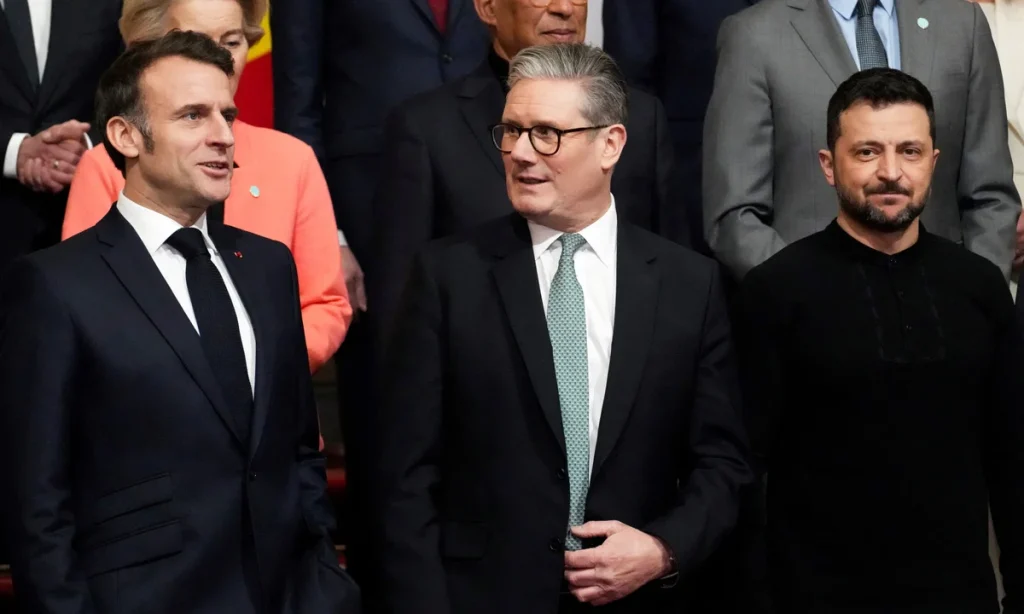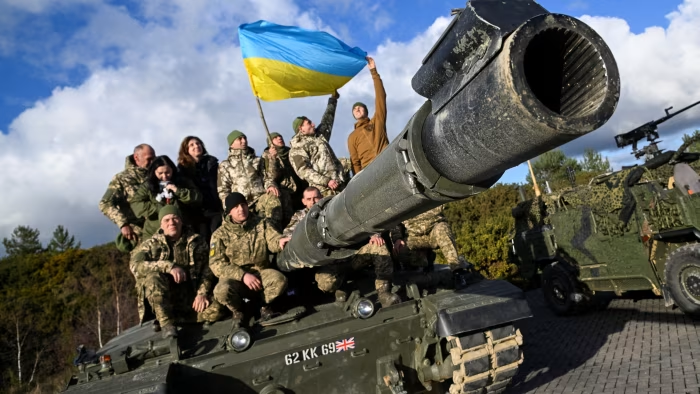France has expressed opposition to the idea of seizing frozen Russian assets to finance Europe’s increased military support for Ukraine, arguing that such a move would violate international agreements.
The proposal, which involves tapping into over €200 billion in Russian assets, plans to fill a significant gap in defence funding as European nations step up their role in supporting Ukraine, particularly as US aid becomes uncertain under President Donald Trump. However, while Britain has been a firm advocate of the measure, France remains cautious, revealing divisions within Europe on the issue.
Speaking to France Info radio on Tuesday, Finance Minister Eric Lombard stated that these frozen Russian assets, largely belonging to the Russian central bank, could not be seized outright.
Europe Minister Benjamin Haddad echoed this concern on France 2 television, acknowledging that seizing the funds was a lever available to Europe but warning of the legal and economic risks involved. He pointed out that such action could set a problematic precedent and send negative signals to investors.

Meanwhile, Foreign Minister Jean-Noël Barrot told parliament on Monday that while billions of euros in interest generated from frozen Russian assets were already being directed towards Ukraine, fully confiscating the assets would pose financial risks. He argued that it could undermine the eurozone and weaken the European Central Bank at a time when stability was crucial for supporting Ukraine.
Despite France’s reservations, several lawmakers, including former Prime Minister Gabriel Attal, now the leader of President Emmanuel Macron’s centrist party, have voiced support for the measure. Currently, EU member states are using interest earned from the frozen assets—estimated at €2.5 to €3 billion annually—to fund Ukraine’s defence and reconstruction efforts.
According to The Guardian, the debate over seizing the assets is creating friction between France and the UK, two key players in Europe’s response to Trump’s shifting stance on Ukraine. Within the EU, nations such as the Czech Republic, Estonia, and Poland have been the strongest proponents of fully confiscating the assets, rather than relying solely on interest earnings to finance aid for Kyiv.
Macron himself reiterated France’s stance during his recent White House meeting with Trump, stating that while the proceeds from the frozen assets could be used, outright seizure would violate international law. “We want to respect international law,” he stressed.


 Trending
Trending 